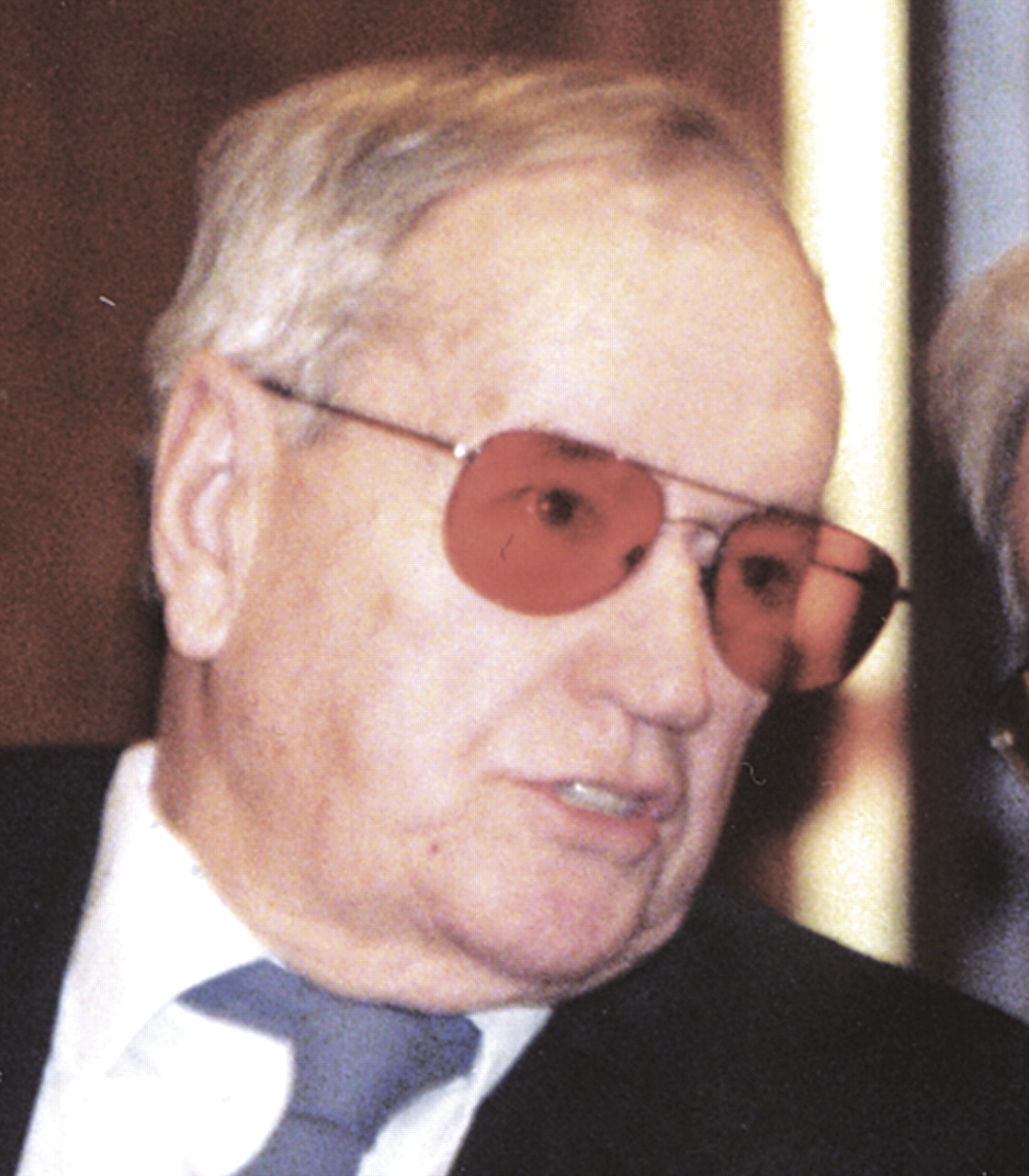Robert Garber, M.D., a former APA president and speaker of the Assembly, died on December 5, 2005, at age 93.
Although he is known to many for his leadership roles in APA, Garber was also responsible for challenging its leadership to offer members real choices in who would lead the organization.
“He was part of the group that sought to break up the old boys network in which APA elections weren't even contested,” said Robert Gibson, M.D., another former APA president.
Before challenging the established traditions of APA, Garber served as assistant medical director of Trenton State Hospital, as a lieutenant colonel during World War II, and as medical director of the Carrier Clinic in New Jersey.
Garber was known for mentoring many young physicians, including Gibson, who worked at Trenton State Hospital. Garber's leadership at the unusually well-run and effective state hospital convinced Gibson to pursue psychiatry instead of surgery.
After Garber provided mental health services for nearly four years in the military, he was named superintendent of New Jersey's first neuropsychiatric institute.
In 1958 he became medical director of the Carrier Clinic, a private psychiatric hospital in Belle Mead, N.J. During a time when many psychiatric institutions were privatizing to capitalize on availability of greater government funding for such care, Garber convinced the Carrier Clinic's owners to reorganize it as a nonprofit institution. The change was needed, Gibson commented, to remove the temptation to overdiagnose illnesses and engage in other excesses of private clinics at that time.
Garber pushed for the psychiatric education of general practitioners while at Carrier, a movement that has gained considerable attention in recent years. His classes at the clinic provided free continuing education that coincided with psychotropic drugs becoming widely available to general practitioners, who often had little formal education in psychiatric diagnoses.
In the 1960s Garber became active in the leadership of APA when he helped start the Assembly of District Branches. He was selected as the Assembly's second speaker in 1963.
Garber's popularity among APA's membership led to his role among a slate of young psychiatrists who challenged the practice of holding uncontested elections. In 1963 he was named APA secretary, and in 1970 he was elected APA president.
Even while challenging what was seen as the “old guard” of the time, Garber's signature modesty and friendly approach prevented divisive enmity that threatened to sully the image of APA, Gibson said.
“There was a lot of animosity, and Bob had a remarkable ability to deal with situations like that,” Gibson said. “He got situations calmed down and people talking in a rational way.”
Garber taught at Temple University Medical School from 1964 to 1977 and was a visiting professor at Rutgers Medical School.
Garber rose to become president of the Carrier Clinic and served there until 1981. As a former APA president, Garber continued to participate in the Association's meetings up to and including the October 12, 2003, Board of Trustees meeting in Tampa, Fla. ▪

